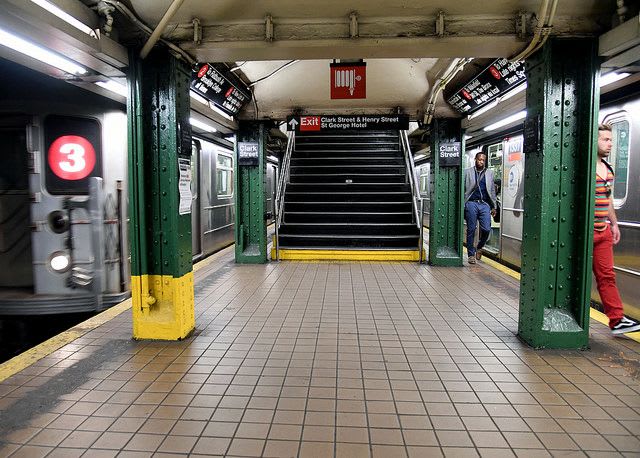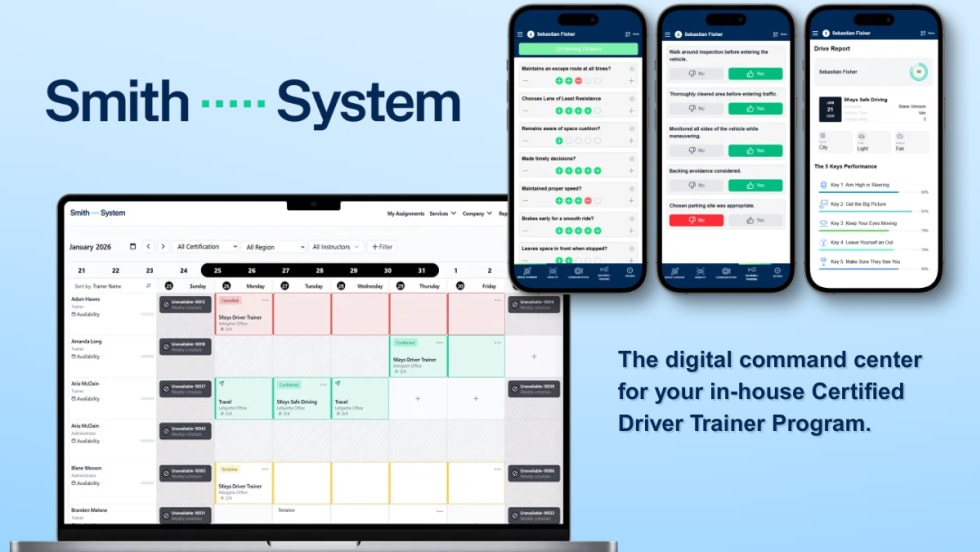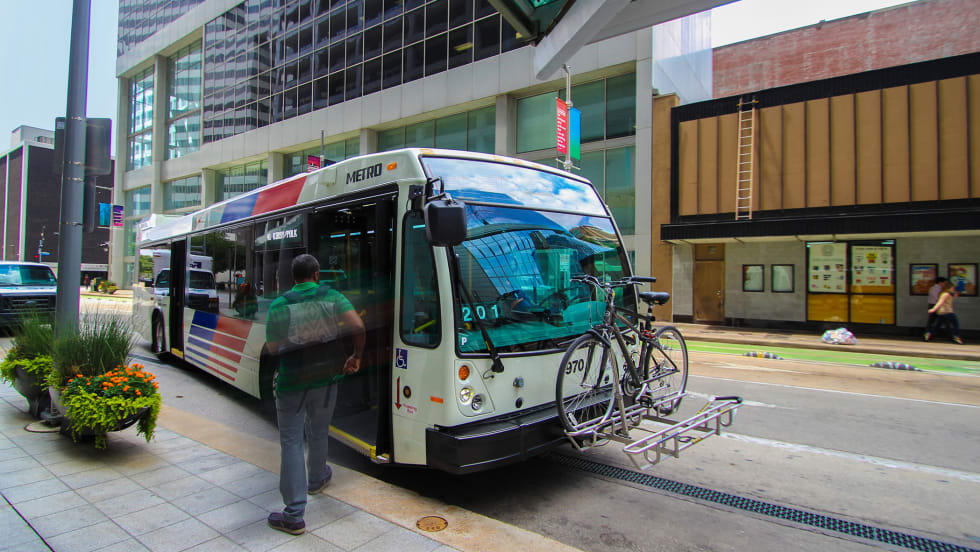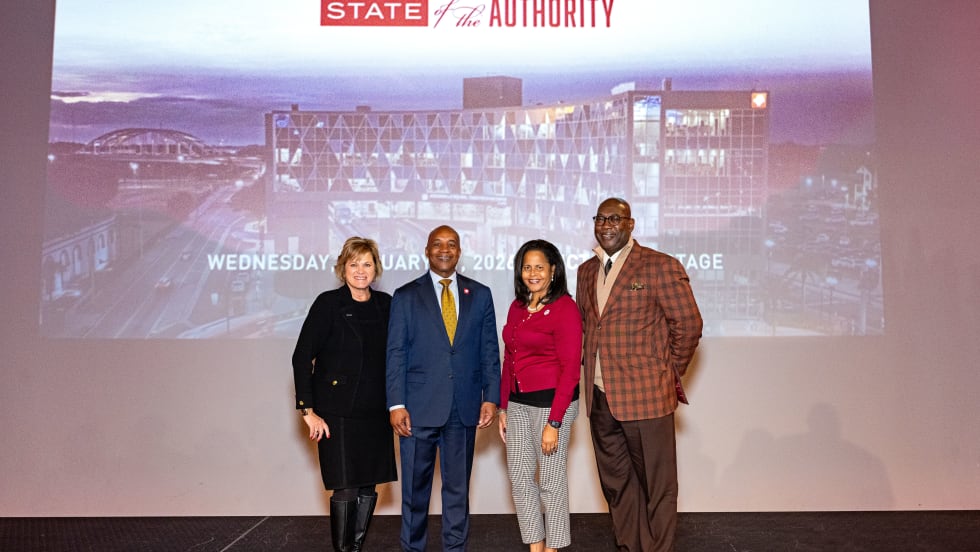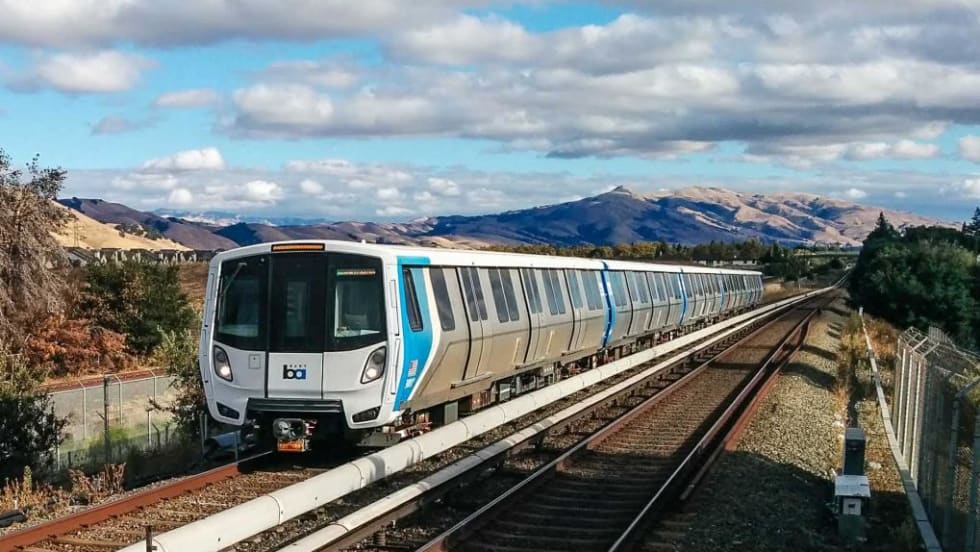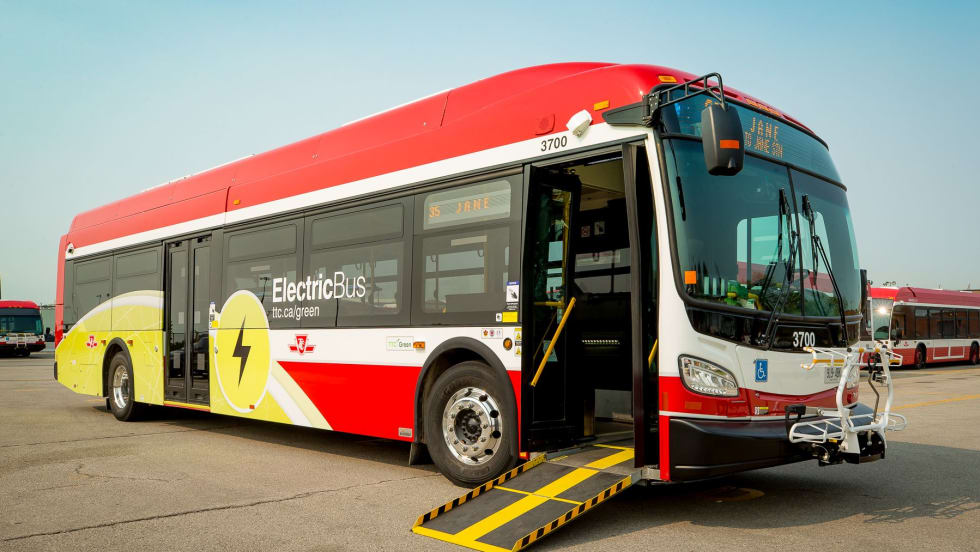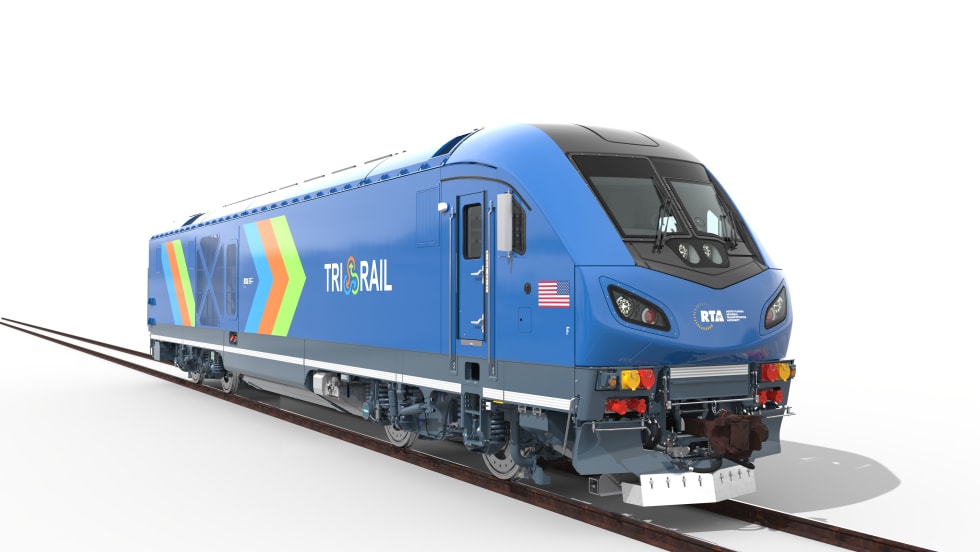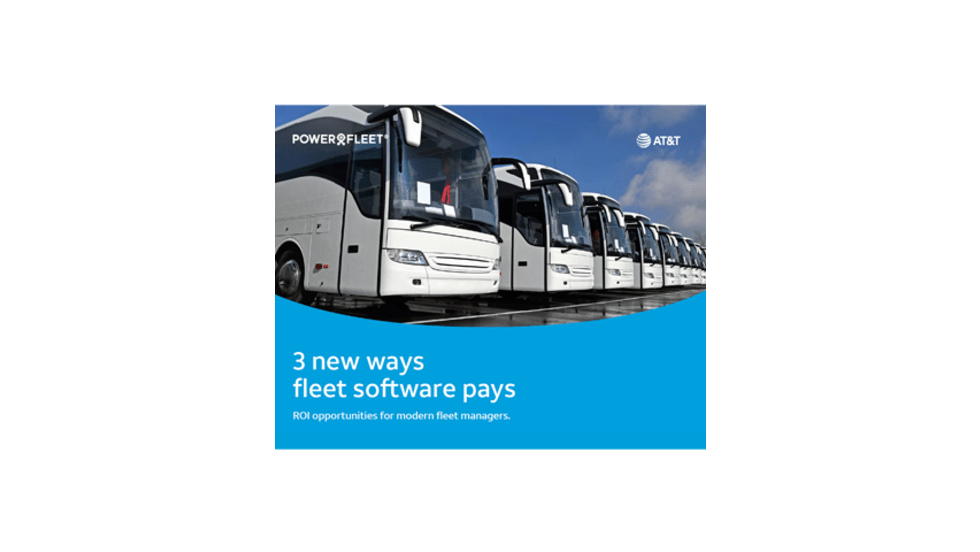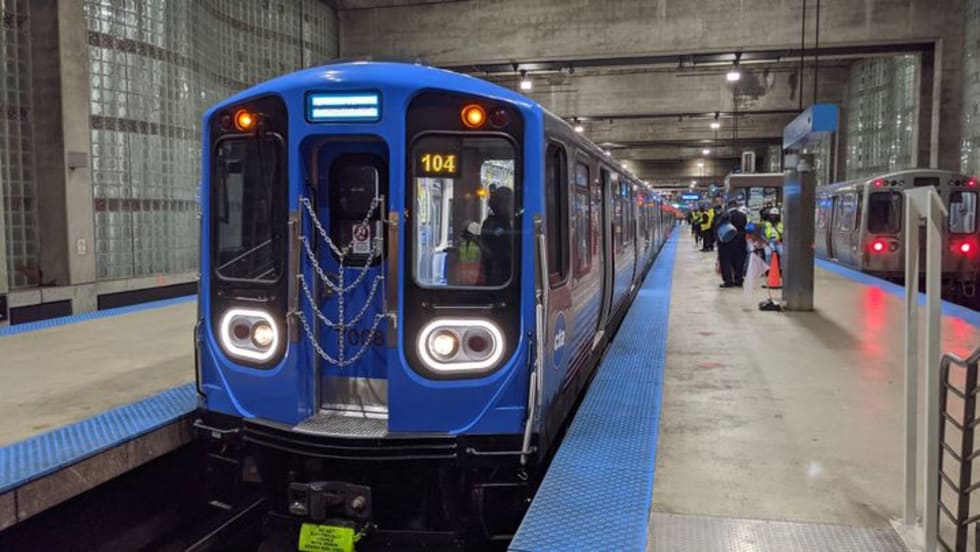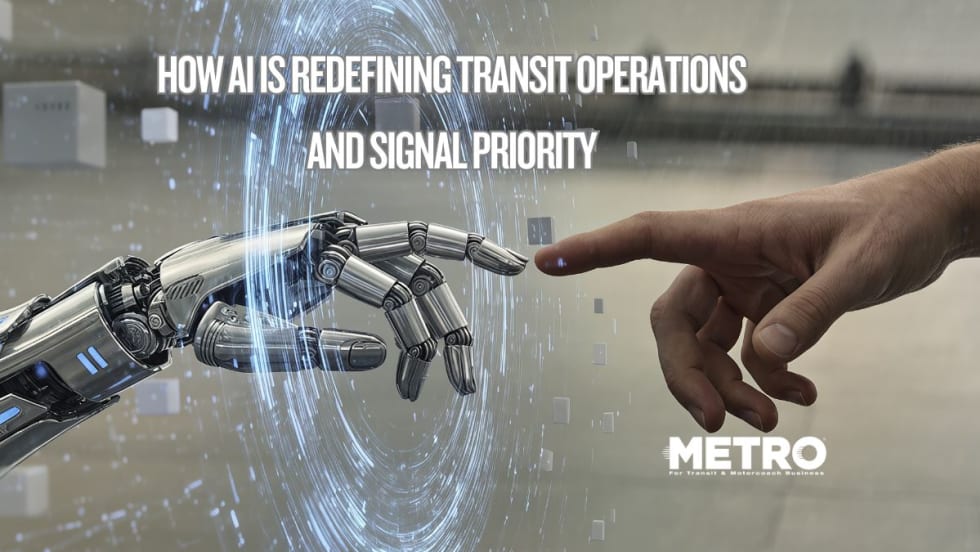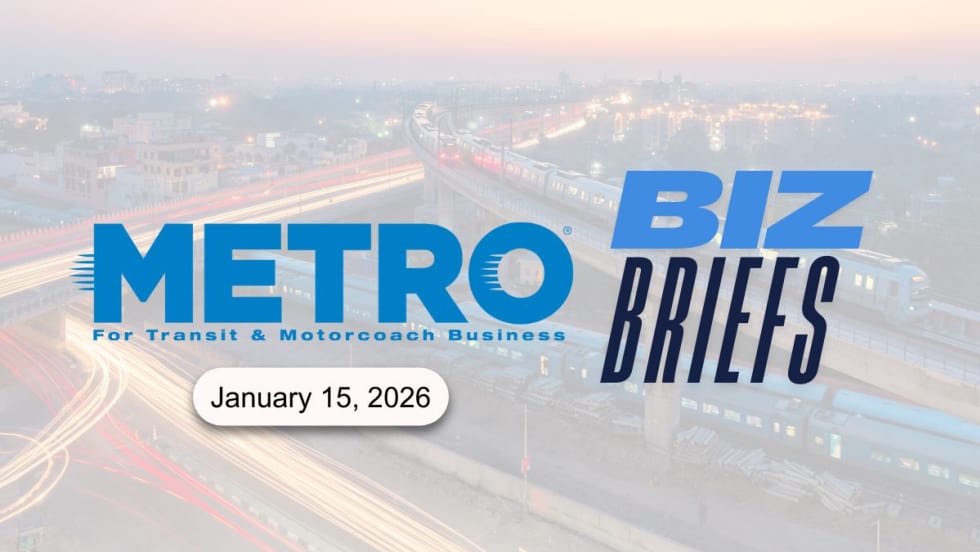The Transit Tech Lab — a public-private initiative created by the Metropolitan Transportation Authority (MTA) and Partnership for New York City to bring private sector innovation to improve public transit — announced six winners of the Recovery and Sustainability Challenge that will deploy technologies to address public transit safety, track new mobility patterns, and support clean energy goals over a one-year pilot.
The companies recently completed proof of concepts and will scale their solutions with the MTA, the Port Authority of New York and New Jersey (PANYNJ), and NJ TRANSIT. They will leverage emerging technologies, including LiDAR, artificial intelligence, computer vision, and managed charging to deter unsafe behavior, curb fare evasion, and improve the sustainability and resiliency of transportation infrastructure.
The Challenge launched during the Summer of 2022 and solicited nearly 150 applicants from across the world. Pilot winners were evaluated and selected by a team of 38 transit and public safety experts based on the technologies’ impact, product, team, and value of solution.
Recovery Challenge Pilot Winners
Blyncsy - Catalogs roadway infrastructure and conditions in real time, including pavement markings, obstacles, and roadway deterioration to facilitate maintenance and enhance asset management systems. Primary Partner Agency: PANYNJ
Quanergy - Uses LiDAR hardware paired with analytic software to improve transportation challenges. Quanergy’s Flow Management solution can report unsafe behavior, offer object detection, and measure passenger flows. Primary Partner Agency: New York City Transit, Metro-North Railroad
Sustainability Challenge Pilot Winners
GridMatrix - Processes live feeds from cameras and translates it into metrics on traffic congestion, signal performance, vehicular emissions, and roadway safety. Primary Partner Agency: PANYNJ
Stormsensor - Provides cost-effective stormwater/climate-data and predictive analytics to mitigate flooding, simplify monitoring, and streamline maintenance and operations procedures to better deploy emergency resources in weather events. Primary Partner Agency: New York City Transit, Metro-North Railroad, NJ TRANSIT, PANYNJ
The Mobility House - Enables intelligent integration of electric vehicles with the grid while minimizing charging costs. The software provides insights on how to maximize electric bus availability. Primary Partner Agency: New York City Transit
Runwise - Uses wireless technology and web-based software to provide actionable opportunities to reduce energy consumption and optimize heating in buildings. Primary Partner Agency: New York City Transit, Metro-North Railroad, Long Island Rail Road, PANYNJ
Each year since 2019, winners selected through the Transit Tech Lab are eligible for competitive funding from the New York State Energy Research and Development Authority (NYSERDA), which then selects projects that demonstrate innovative clean transportation solutions.
The Transit Tech Lab will also expand its network of transportation experts with two new Executives-in-Residence. Ronnie Hakim, HNTB’s national transit and rail market leader, and Sally Librera, AECOM’s transit market leader for the Americas, will provide Lab companies strategic advice on working with public agencies. Prior to joining HNTB, Hakim served as managing director of the MTA, leading the authority’s 70,000 employees across five operating agencies. Librera, also an MTA veteran, was the sr. VP, subways, where she managed the agency’s 24-hour operations and led a team of 30,000 employees.
The Tech Lab program is part of the Transit Innovation Partnership, which yielded the award-winning MTA Live Subway Map and was established by the MTA and the Partnership for New York City to bring private sector innovation to improve public transit.
Since 2018, the program has put the New York metropolitan region at the forefront of transit innovation, which promises to support the modernization of public transit and to transform the customer experience. Winners of previous competitions include Remix, a collaborative digital platform used to redesign the bus routes, and Axon Vibe, which built the Essential Connector smartphone app to help essential workers plan journeys during overnight subway disinfection closures.




